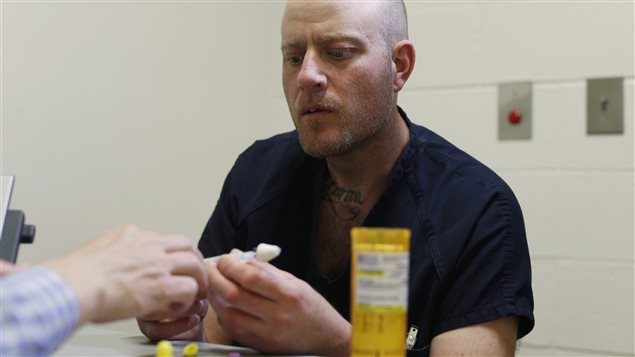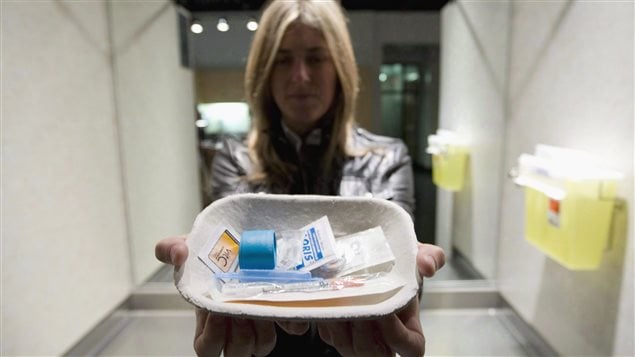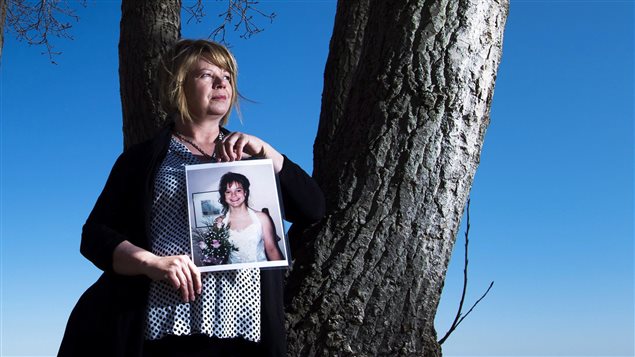People who have experienced a drug overdose are more likely to later die from an overdose. And the more times a person overdoses, the more likely he or she will die from one, according to new research from the BC Centre for Excellence in HIV/AIDS.
Public health emergency declared in B.C.
It may seem like a no-brainer but officials in western Canada are urgently looking for ways to stem the spike in such fatalities. More than 250 people have died of overdose so far this year in the province of British Columbia (B.C.) leading the government to declare a public health emergency.

A rush to provide life-saving antidote
The illegal traffic of the opioid fentanyl has spread eastward increasing overdose deaths in other provinces too. The life-saving antidote naloxone is now being provided free of charge and without prescription to community pharmacies in Alberta and B.C. The federal government and the government of Ontario are working quickly to expand access to naloxone.

Why Canada?
Canada has the highest consumption of prescription of opioids for pain relief. It’s believed that many people using the drugs on the advice of their doctors have become addicted and turn to street drugs. Others use fentanyl for recreation not realizing the drug is much more powerful than morphine and that drugs produced illegally may have varying, sometime fatal doses.
How to prevent overdose
Researchers say that if health and social workers can find which people have had previous drug overdoses, they may be able to warn them of their greater risk of death or to steer them into counselling to prevent overdosing.







For reasons beyond our control, and for an undetermined period of time, our comment section is now closed. However, our social networks remain open to your contributions.